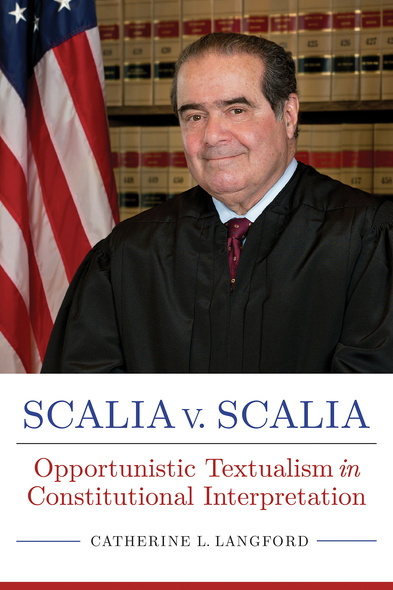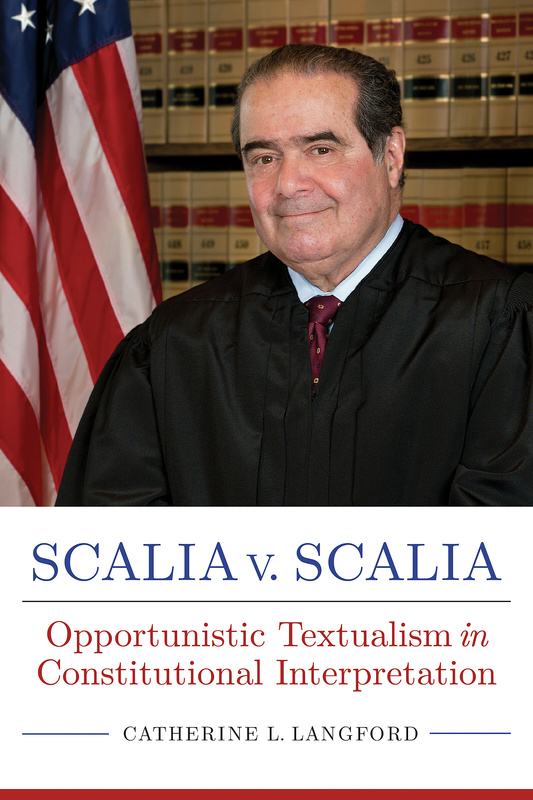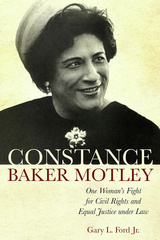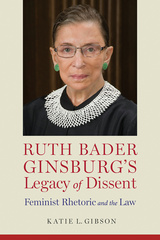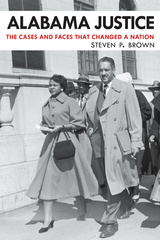Scalia v. Scalia
Opportunistic Textualism in Constitutional Interpretation
University of Alabama Press
An analysis of the discrepancy between the ways Supreme Court Justice Antonin Scalia argued the Constitution should be interpreted versus how he actually interpreted the law
Antonin Scalia is considered one of the most controversial justices to have been on the United States Supreme Court. A vocal advocate of textualist interpretation, Justice Scalia argued that the Constitution means only what it says and that interpretations of the document should be confined strictly to the directives supplied therein. This narrow form of constitutional interpretation, which limits constitutional meaning to the written text of the Constitution, is known as textualism.
Scalia v. Scalia:Opportunistic Textualism in Constitutional Interpretation examines Scalia’s discussions of textualism in his speeches, extrajudicial writings, and judicial opinions. Throughout his writings, Scalia argues textualism is the only acceptable form of constitutional interpretation. Yet Scalia does not clearly define his textualism, nor does he always rely upon textualism to the exclusion of other interpretive means.
Scalia is seen as the standard bearer for textualism. But when textualism fails to support his ideological aims (as in cases that pertain to states’ rights or separation of powers), Scalia reverts to other forms of argumentation. Langford analyzes Scalia’s opinions in a clear area of law, the cruel and unusual punishment clause; a contested area of law, the free exercise and establishment cases; and a silent area of law, abortion. Through her analysis, Langford shows that Scalia uses rhetorical strategies beyond those of a textualist approach, concluding that Scalia is an opportunistic textualist and that textualism is as rhetorical as any other form of judicial interpretation.
Antonin Scalia is considered one of the most controversial justices to have been on the United States Supreme Court. A vocal advocate of textualist interpretation, Justice Scalia argued that the Constitution means only what it says and that interpretations of the document should be confined strictly to the directives supplied therein. This narrow form of constitutional interpretation, which limits constitutional meaning to the written text of the Constitution, is known as textualism.
Scalia v. Scalia:Opportunistic Textualism in Constitutional Interpretation examines Scalia’s discussions of textualism in his speeches, extrajudicial writings, and judicial opinions. Throughout his writings, Scalia argues textualism is the only acceptable form of constitutional interpretation. Yet Scalia does not clearly define his textualism, nor does he always rely upon textualism to the exclusion of other interpretive means.
Scalia is seen as the standard bearer for textualism. But when textualism fails to support his ideological aims (as in cases that pertain to states’ rights or separation of powers), Scalia reverts to other forms of argumentation. Langford analyzes Scalia’s opinions in a clear area of law, the cruel and unusual punishment clause; a contested area of law, the free exercise and establishment cases; and a silent area of law, abortion. Through her analysis, Langford shows that Scalia uses rhetorical strategies beyond those of a textualist approach, concluding that Scalia is an opportunistic textualist and that textualism is as rhetorical as any other form of judicial interpretation.
Langford examines Scalia’s constitutional philosophy of original meaning and textualism: the constitutional text means what it says, and judges should stick to ascertaining its original meaning. Langford examines Scalia’s application of this philosophy in three areas: cruel and unusual punishment, the establishment and free exercise clauses, and abortion decisions. She concludes his textualism was not consistently applied and does not offer sufficient justification for his opinions. More damming, his approach was opportunistic: he used it to provide cover for the results he wanted. This argument has been made before by Bruce Murphy, in Scalia: A Court of One; and in numerous law reviews and magazine articles. Langford's charge of inconsistency rests, in part, on the pragmatic, evolving dimensions of Scalia's jurisprudence, which she does not address. Scalia described himself as a ‘faint-hearted originalist’ and said, ‘I am a textualist. I am an originalist. I am not a nut.’ David Dorsen, in The Unexpected Scalia: A Conservative Justice’s Liberal Opinions, suggests that if Scalia's method was opportunistic, that opportunism was more complex than this work would lead readers to believe. Recommended.'
—CHOICE
‘No scholar before Langford has systematically analyzed every one of Scalia’s opinions in the three constitutional territories explored in Scalia v. Scalia—Eighth Amendment ‘Cruel and Unusual’ doctrine, First Amendment ‘Establishment’ and ‘Free Exercise’ doctrine, and abortion doctrine. Langford’s new contribution should interest legal academics and rhetorical scholars alike.’
—Colin Starger, associate professor of law at the University of Baltimore
Catherine L. Langford is an associate professor of communication studies at Texas Tech University.

